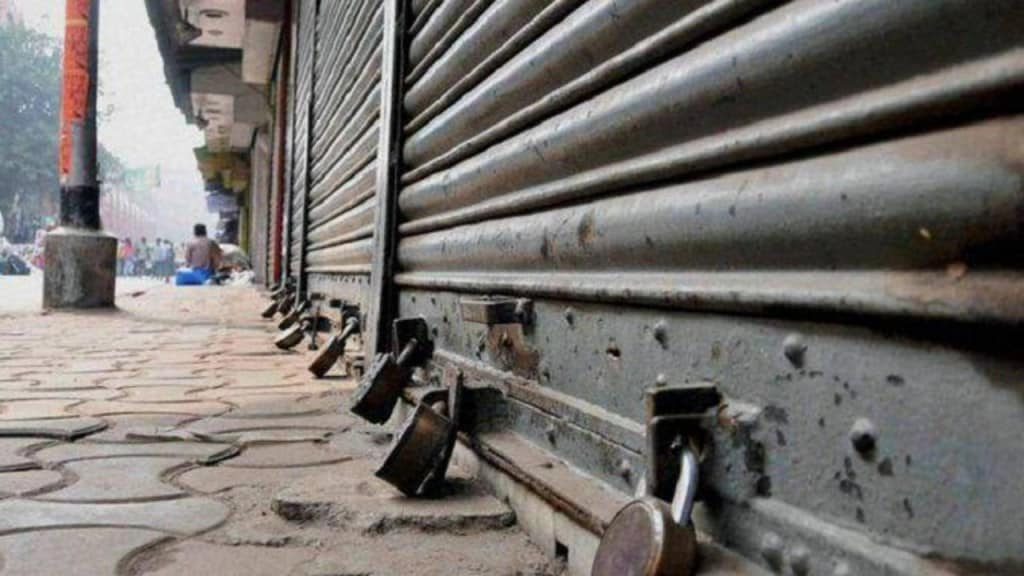Pro-Kannada organisations, headed by notable activist Vatal Nagaraj, have declared a statewide bandh in Karnataka on March 22. The bandh has been called for after violent incidents against Karnataka State Road Transport Corporation (KSRTC) bus drivers and conductors, especially following one such attack in Belagavi, which is alleged to have been carried out by pro-Marathi activists.
Bandh running from 6 AM to 6 PM is organized under the name of Kannada Okkoota. It was held recently in recognition of the achievements of some other pro-Kannada groups. It was heightened by February’s attack on a KSRTC bus conductor reported to have been assaulted for not speaking Marathi. This attack has aggravated the already tense relations between the Kannada and Marathi communities in the border regions of the Karnataka State, Belagavi being among them.
Concerns are mounting, as the bandh will probably coincide with ongoing examinations, leaving students and parents uncertain about how the day will unfold. While some educational institutions carry moral support for the protest, no formal closure decision has been made.
Transport is affected in the way said that the KSRTC and BMTC employees will be showing solidarity with the bandh. This may mean limited public buses in availability across the day. In addition, the Ola, Uber Owners and Drivers Association along with many auto-rickshaw unions have announced their alliance by this holiday, which might be in addition to reducing the private transport availability.
The prime demands of the bandh are banning all types of pro-Marathi institutions like the Maharashtra Ekikaran Samiti(MES), which anti-Kannada activists blames for inciting violence as well as underminingational integrity. Another highlight is protecting the rights of the Kannada-speaking people along the Karnataka-Maharashtra border.
The protest also opposes the division of Bengaluru into several administrative zones, which several groups see as a dilution of Kannada cultural representation. It also highlights the worsening conditions of auto-rickshaw and taxi drivers, who advocate the banning of two-wheeler taxi services which adversely affect them.


